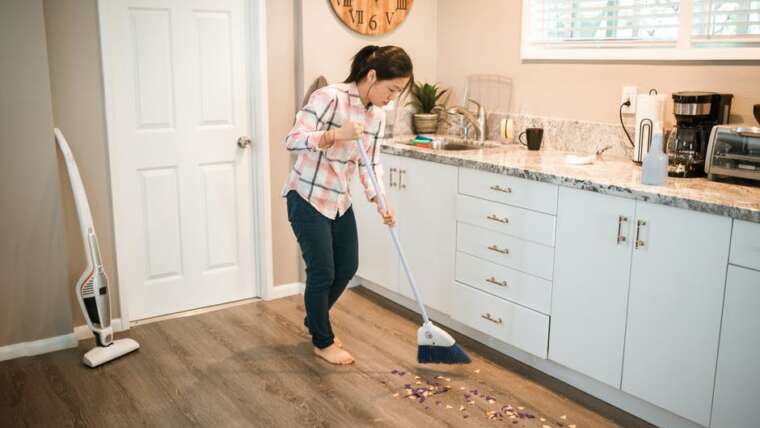Older adults go through many changes that affect how they think and feel. Retirement, health issues, and the loss of close relationships can lead to sadness, anxiety, or isolation.
Mental health is just as important as physical health, especially for seniors. Regular check-ins, healthy routines, and social interaction can help. Families and caregivers play a big role in creating a supportive environment.
Emotional care makes daily life more meaningful and reduces stress. Learn how to give better support by understanding the key elements of elderly mental health and emotional care.

Table of Contents
- 1 Recognizing Early Signs of Mental Health Decline
- 2 Encouraging Daily Routines and Structure
- 3 Promoting Social Connections and Engagement
- 4 Encouraging Open Communication About Emotions
- 5 Supporting Physical Activity for Mental Benefits
- 6 Offering Safe Spaces for Rest and Reflection
- 7 Support for Elderly Mental Health and Emotional Care Are Essential
Recognizing Early Signs of Mental Health Decline
Paying attention to small changes helps prevent bigger issues. Watch for signs like mood swings, confusion, or withdrawal. A sudden lack of interest in hobbies or social activities can be a warning.
Seniors may not always express what they feel, so observations matter. Talk openly and check in regularly. Early action can make a big difference in their overall wellbeing.
Encouraging Daily Routines and Structure
Sticking to a routine provides comfort and stability. Waking up at the same time, having meals on schedule, and regular sleep all help. Routines reduce anxiety and keep the mind focused.
Even simple tasks like watering plants or short walks bring structure. When seniors know what to expect each day, they feel more secure. It also supports independence and builds confidence.
Promoting Social Connections and Engagement
Being around others helps reduce feelings of loneliness. Family visits, group activities, and community events all support connection. Social ties encourage conversation and mental stimulation.
Staying engaged lowers the risk of depression. Look for ways to include seniors in everyday decisions and outings. Mindfulness support for senior wellness can also help foster emotional balance in social settings.
Encouraging Open Communication About Emotions
Letting seniors talk about their feelings without judgment is important. It helps them release stress and feel understood. Avoid dismissing what they say, even if it seems minor.
Give time and space for honest conversation. Listen more than you speak. Creating this kind of environment helps seniors feel valued and heard.
Supporting Physical Activity for Mental Benefits
Exercise helps both the body and mind. Walking, stretching, or light movement can improve mood. Physical activity releases hormones that reduce stress.
It also promotes better sleep and sharper thinking. Encourage movement suited to their ability level. Even a few minutes a day can have lasting impact.
Offering Safe Spaces for Rest and Reflection
A peaceful environment supports mental clarity. Reduce noise, keep rooms well-lit, and add calming touches like soft music. Seniors benefit from places where they can sit quietly and relax.
This gives time to think, breathe, and recharge. A calm space encourages self-awareness and emotional healing. It’s a simple but powerful part of care.
Support for Elderly Mental Health and Emotional Care Are Essential
Elderly mental health and emotional care need attention and intention. Small actions create a strong support system. From simple routines to safe spaces, each part adds value.
Families and caregivers must stay active in giving both comfort and encouragement. Mental health challenges can grow if ignored. Make time to connect, listen, and care. It leads to a healthier and more fulfilling life for seniors.
To read more, you can check our blog page!


